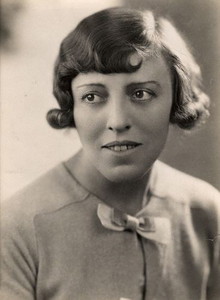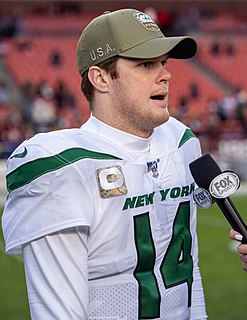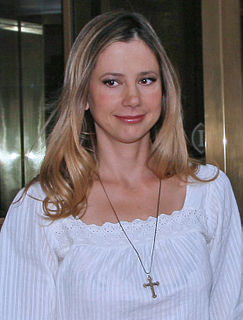A Quote by Melissa Rosenberg
With a film, you have to pare down and take stuff out and squish it all down into a 110 page script.
Related Quotes
Writing is like listening to a melody line in my head. Note by note, it knows where it wants to go. I follow it and lay it down. I can pare it, shape it, and polish it later...My job is to take down the dribs and drabs - to free-associate, if you will, knowing that the associations have their own plans for where we're going with all this.
When you start out as an actor, you read a script thinking of it at its best. But that's not usually the case in general, and usually what you have to do is you have to read a script and think of it at its worst. You read it going, "OK, how bad could this be?" first and foremost. You cannot make a good film out of a bad script. You can make a bad film out of a good script, but you can't make a good film out of a bad script.





































